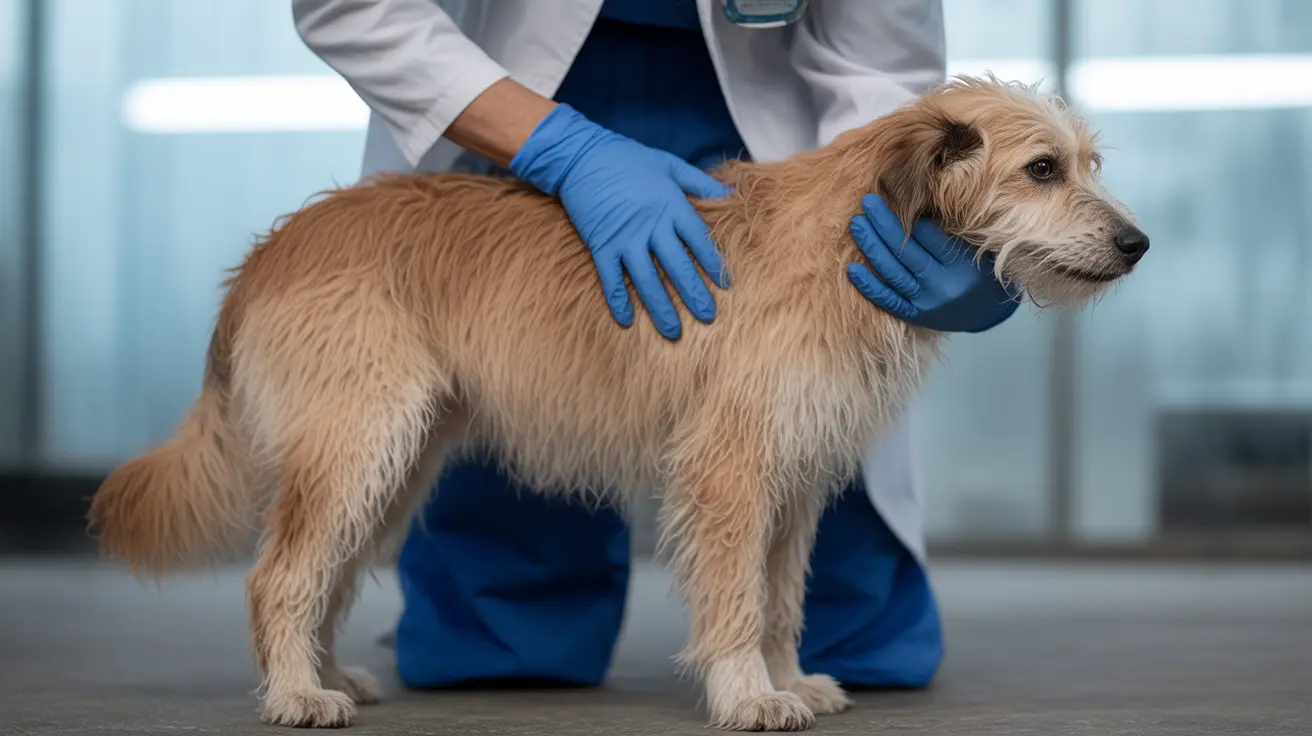For anyone fascinated by canine intelligence, understanding which breeds consistently rank among the smartest can be invaluable knowledge. Whether you're considering a new family pet or simply interested in the remarkable cognitive abilities of dogs, this comprehensive guide will explore the top 20 smartest dog breeds and what makes them stand out.
From problem-solving abilities to trainability and emotional intelligence, we'll dive deep into what makes certain breeds intellectual standouts and how these traits manifest in their daily lives and working roles.
Understanding Canine Intelligence
Dog intelligence isn't just about learning tricks or following commands. It encompasses multiple facets, including problem-solving abilities, emotional intelligence, memory retention, and adaptability to new situations. According to renowned canine psychologist Dr. Stanley Coren's research, working and obedience intelligence are key measures of a dog's cognitive capabilities.
The smartest breeds typically demonstrate exceptional abilities in three key areas: instinctive intelligence (bred-in abilities), adaptive intelligence (problem-solving), and working/obedience intelligence (learning from humans). These top-tier breeds can learn new commands in fewer than five repetitions and obey them 95% of the time on the first attempt.
The Elite Twenty: Breaking Down the Smartest Dog Breeds
Border Collie: The Undisputed Champion
Consistently ranking as the most intelligent breed, Border Collies showcase extraordinary problem-solving abilities and learning capacity. Famous Border Collies like Chaser, who learned over 1,000 words, and Rico, who mastered 200+ object names, demonstrate the breed's exceptional cognitive capabilities.
Poodle: The Versatile Genius
Whether Standard, Miniature, or Toy, Poodles combine high emotional intelligence with remarkable cognitive abilities. Their history as hunters and performers showcases their versatility and quick learning abilities.
German Shepherd: The Working Professional
Renowned for their roles in police, military, and service work, German Shepherds excel in complex task execution and decision-making. Their combination of intelligence and loyalty makes them exceptional working partners.
Training and Enrichment Requirements
Highly intelligent breeds require substantial mental stimulation to prevent boredom and destructive behaviors. Daily cognitive challenges, puzzle toys, and structured training sessions are essential for maintaining their mental well-being.
- Advanced obedience training
- Interactive puzzle toys
- Agility courses
- Complex problem-solving games
- Regular learning of new commands and tricks
Practical Considerations for Potential Owners
While owning a highly intelligent dog can be rewarding, it comes with specific responsibilities. These breeds require consistent engagement, structured activities, and ongoing mental challenges to prevent behavioral issues stemming from boredom or understimulation.
Prospective owners should carefully consider their lifestyle and ability to provide adequate mental stimulation before choosing one of these intelligent breeds.
Frequently Asked Questions
What are the top 20 smartest dog breeds according to expert rankings like Dr. Stanley Coren's?
The top 20 includes Border Collie, Poodle, German Shepherd, Golden Retriever, Doberman Pinscher, Shetland Sheepdog, Labrador Retriever, Papillon, Rottweiler, Australian Cattle Dog, Pembroke Welsh Corgi, Miniature Schnauzer, English Springer Spaniel, Belgian Malinois, Schipperke, Belgian Tervuren, Collie, Keeshond, German Shorthaired Pointer, and Flat-Coated Retriever.
How is dog intelligence measured and what factors determine a breed's ranking?
Dog intelligence is measured through working/obedience intelligence (ability to learn from humans), adaptive intelligence (problem-solving), and instinctive intelligence (bred-in abilities). Rankings are typically based on how quickly breeds learn new commands and their obedience rate.
Why are Border Collies considered the smartest dog breed and what makes them stand out?
Border Collies excel in all areas of canine intelligence, particularly in their ability to learn new commands in fewer than five repetitions and obey them 95% of the time. Their problem-solving abilities and capacity to understand complex commands set them apart from other breeds.
How do intelligence differences affect training needs for breeds like Poodles, German Shepherds, and Australian Cattle Dogs?
These highly intelligent breeds require more intensive mental stimulation and structured training programs. They need regular challenges, complex tasks, and ongoing learning opportunities to stay mentally satisfied and prevent behavioral issues.
What are the practical considerations for owning and stimulating highly intelligent dog breeds to prevent boredom and behavior issues?
Owners must commit to daily mental enrichment activities, regular training sessions, and interactive play. These breeds need puzzle toys, training challenges, and structured activities to prevent boredom-related behavioral problems. Consistency in training and mental stimulation is crucial for their well-being.






